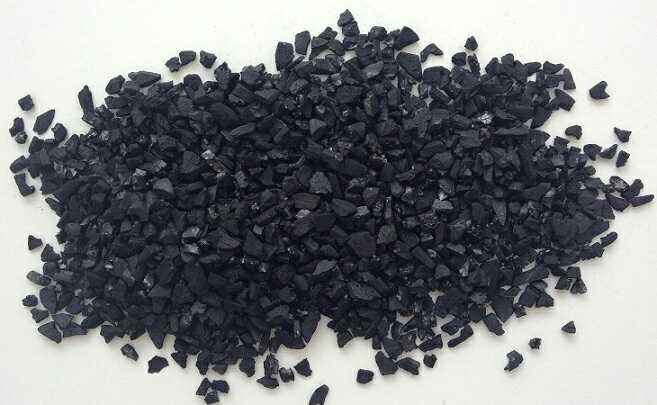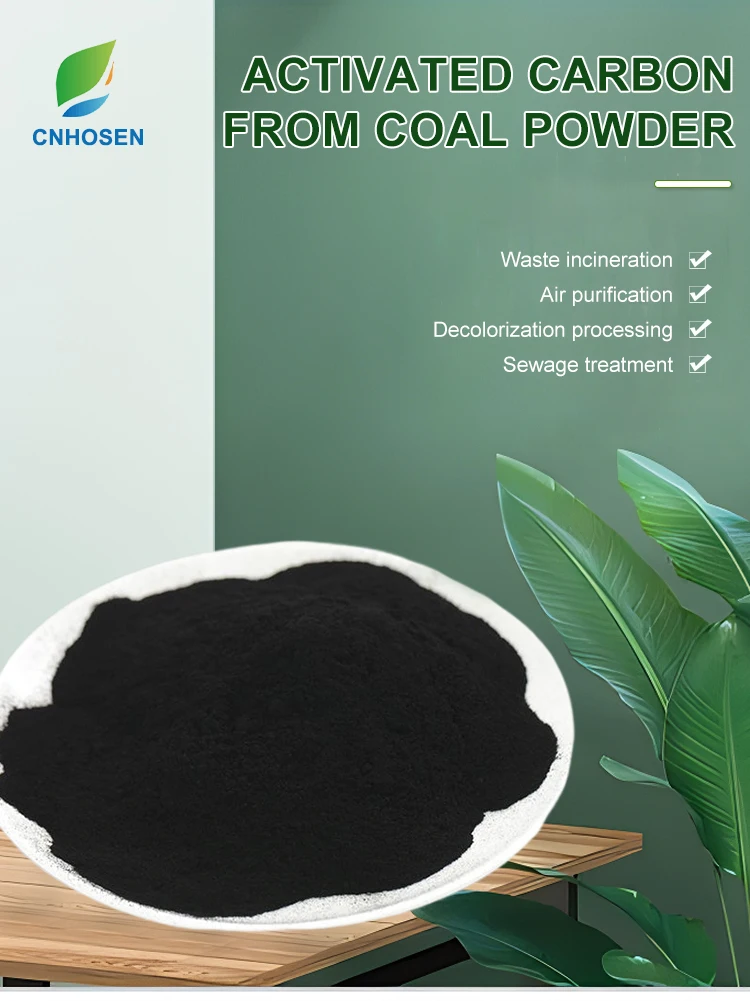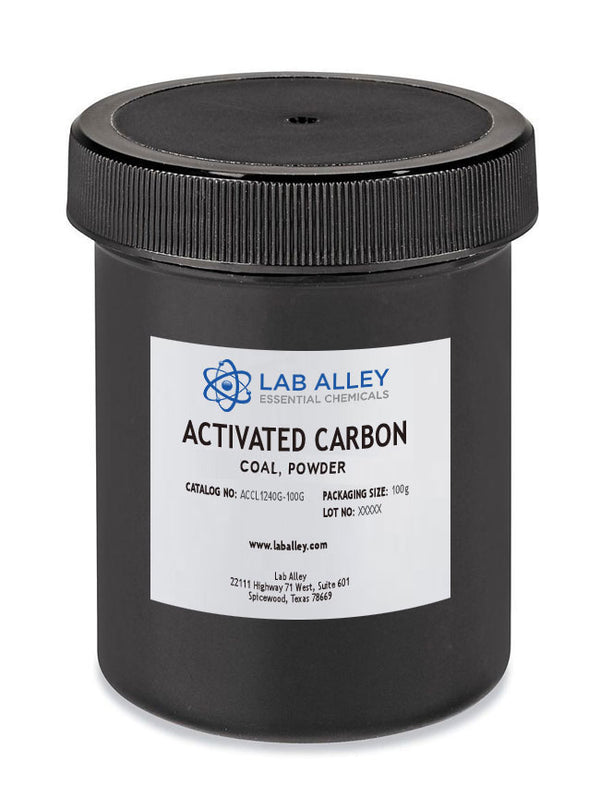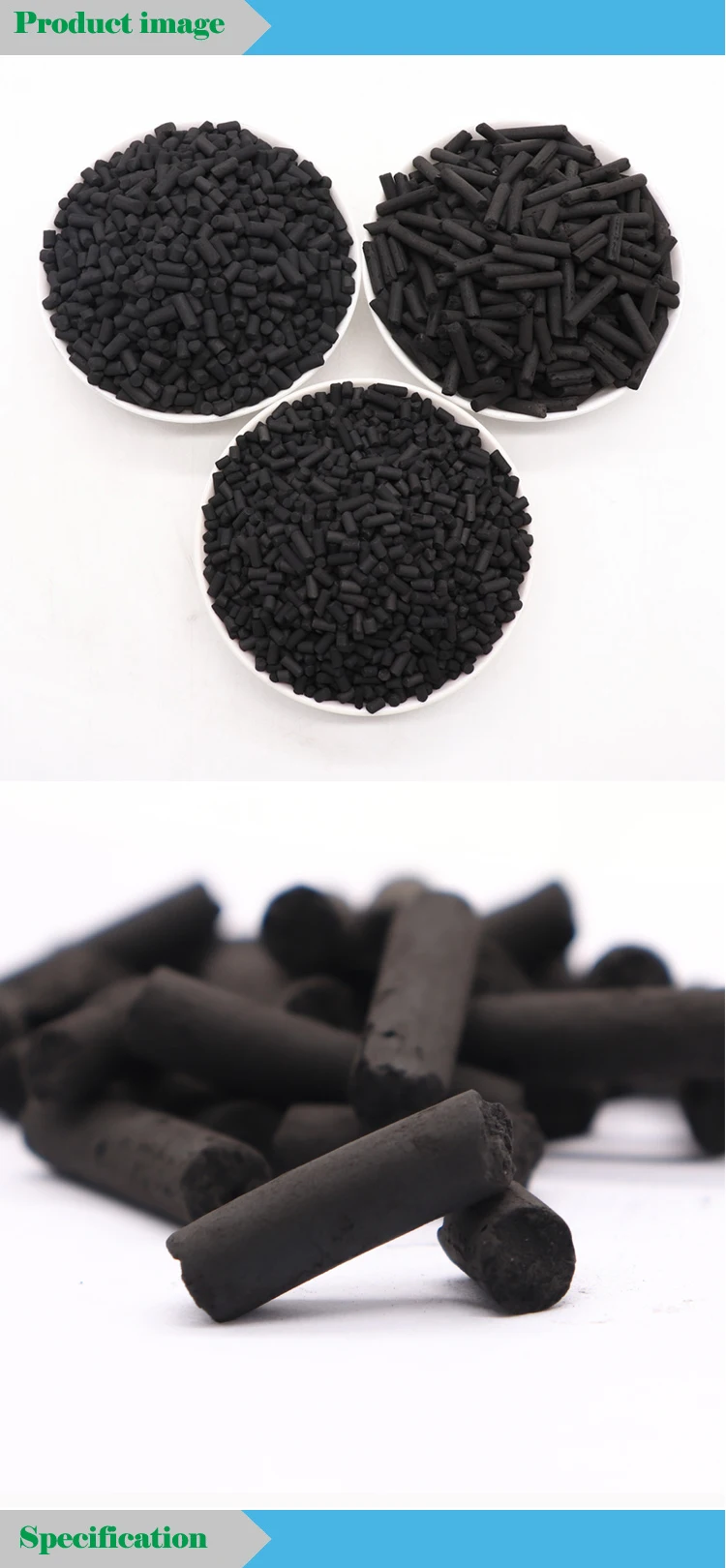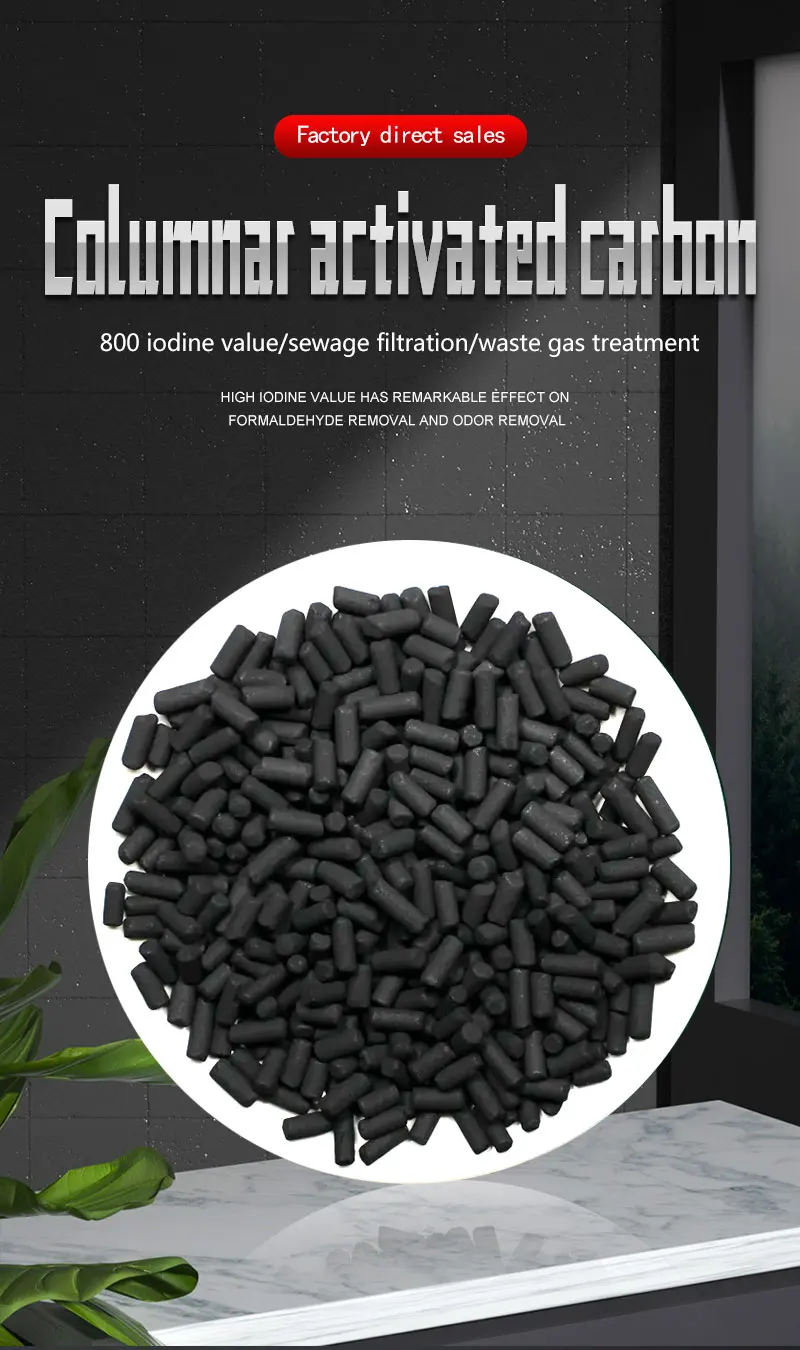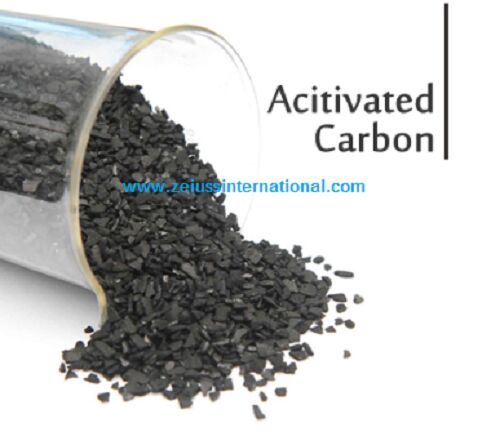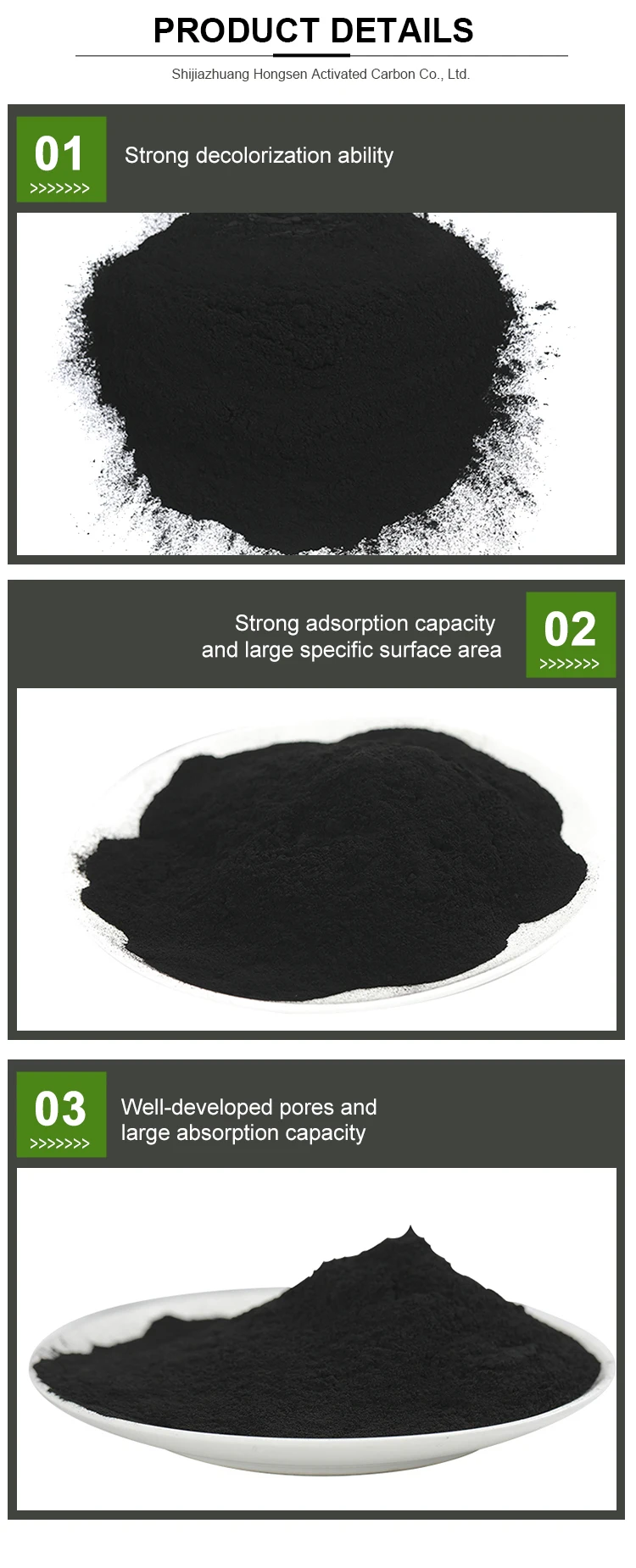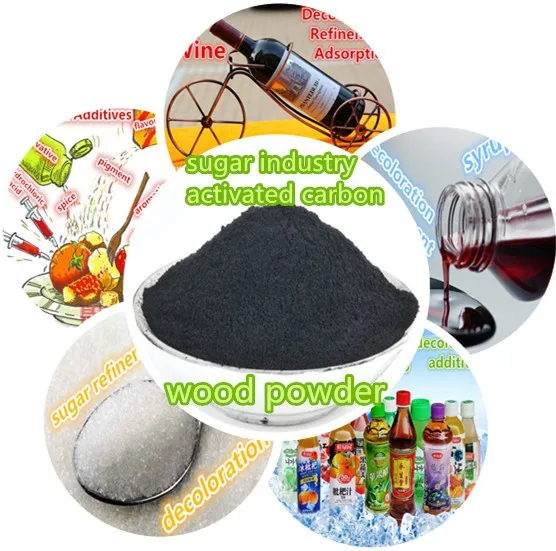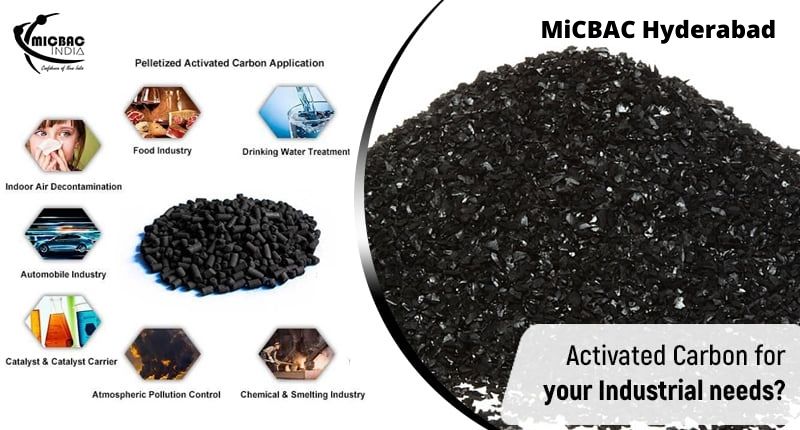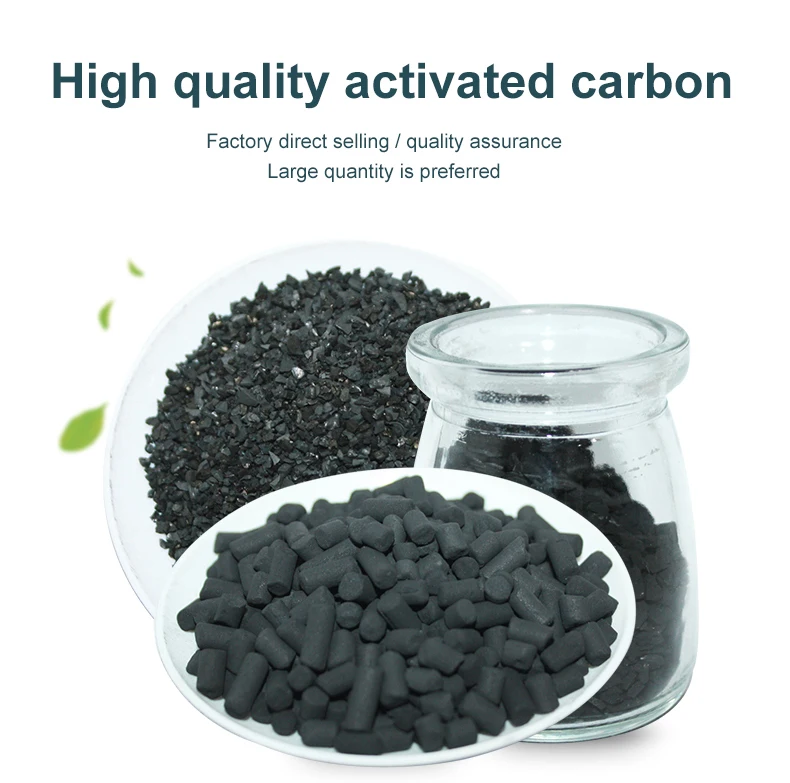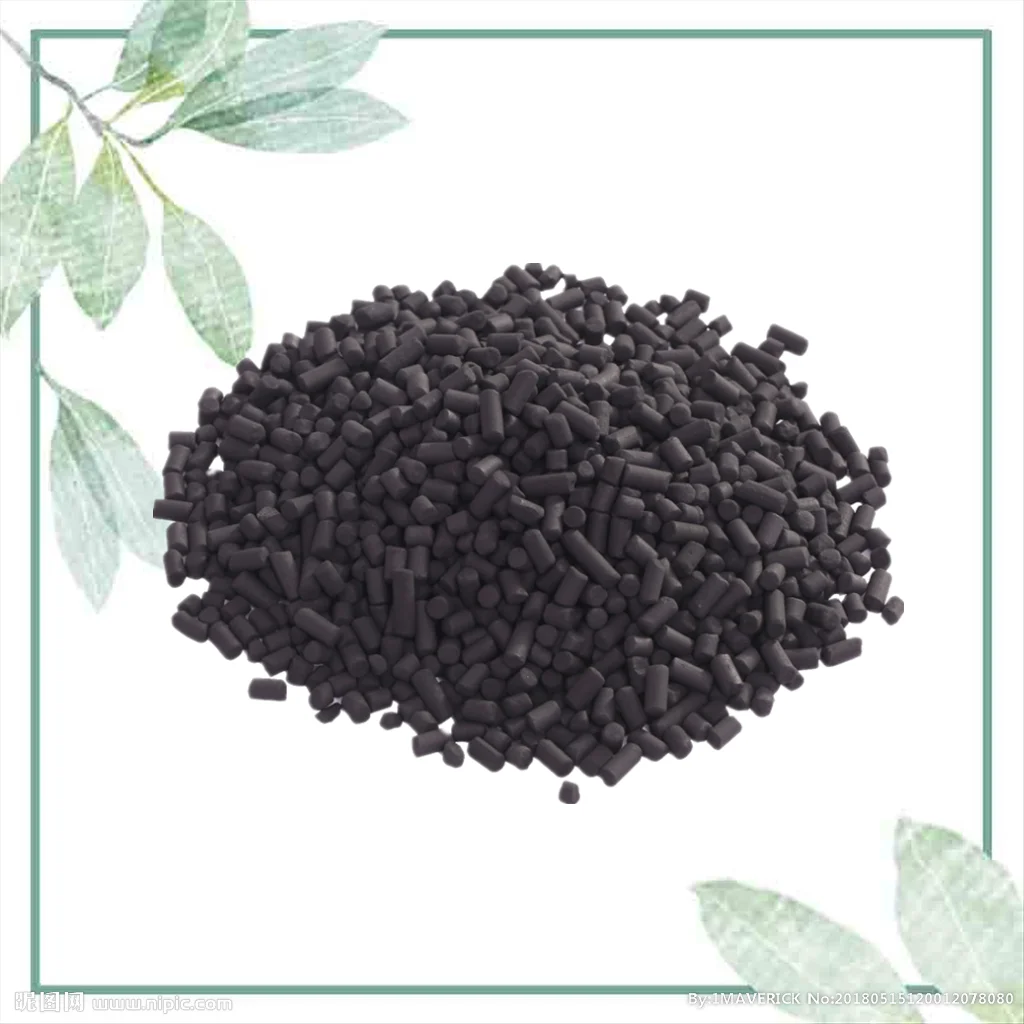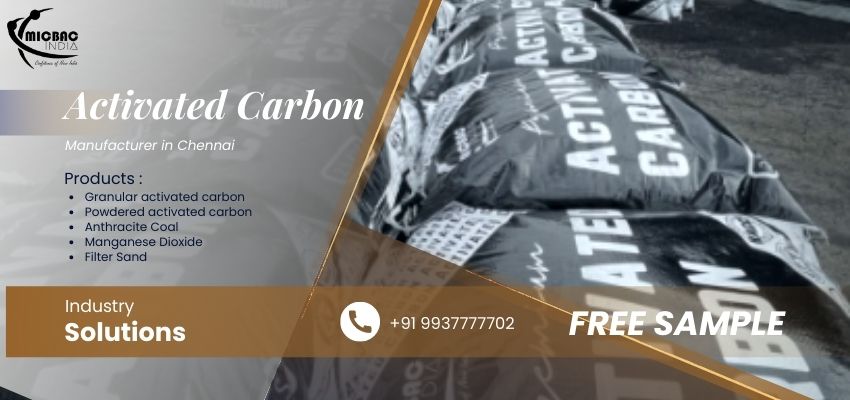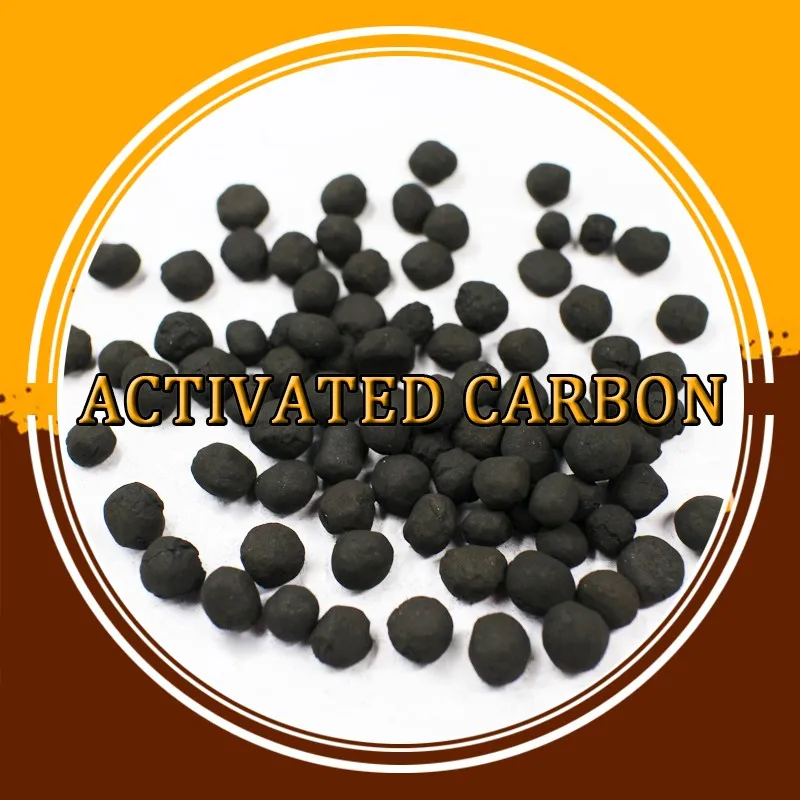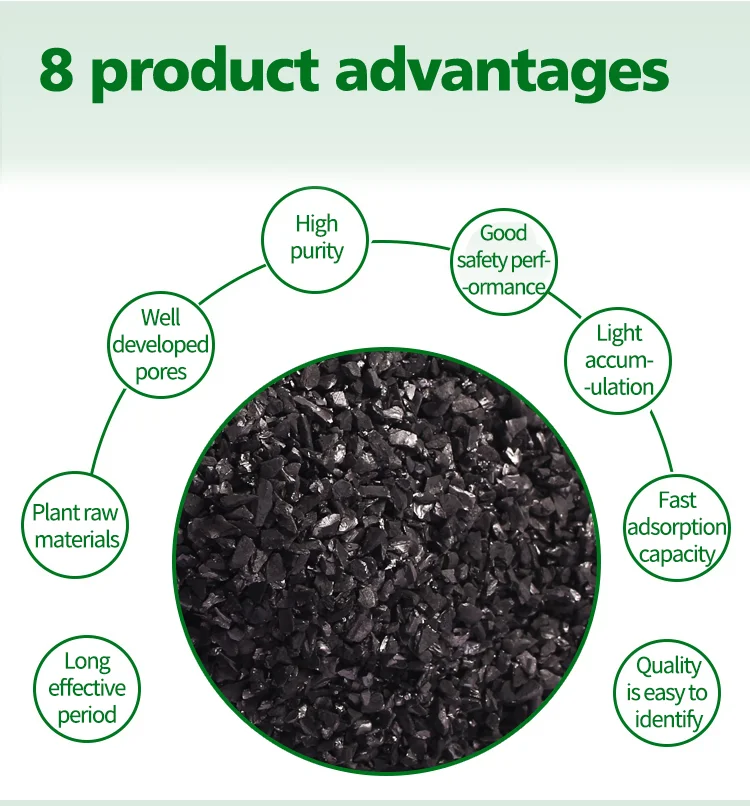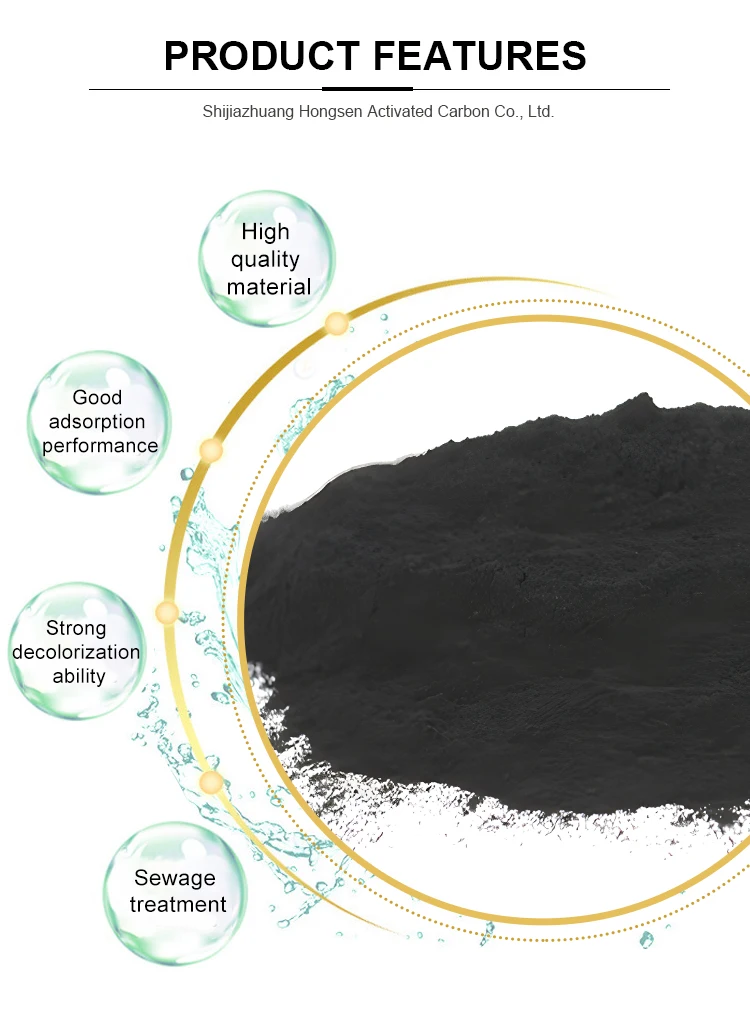Where Can I Buy Activated Carbon

Activated carbon, a versatile material used in a variety of applications from water filtration to air purification, is increasingly sought after by consumers and industries alike. Understanding where to source this valuable substance is crucial for ensuring access to quality products and efficient solutions.
This article explores the diverse avenues through which individuals and organizations can purchase activated carbon, considering factors such as application, quantity needed, and desired quality. We will examine both online and brick-and-mortar retailers, highlighting key considerations for informed purchasing decisions.
Understanding Activated Carbon and Its Uses
Activated carbon, also known as activated charcoal or activated coal, is a form of carbon processed to have small, low-volume pores that increase the surface area available for adsorption or chemical reactions. This high degree of microporosity is what gives activated carbon its exceptional filtering capabilities.
Its applications are wide-ranging. From purifying drinking water in household filters to removing pollutants from industrial wastewater, activated carbon plays a vital role in environmental protection. It’s also used in air purification systems, food processing, and even medical treatments.
Retail Options: Online Marketplaces
The internet offers a vast marketplace for sourcing activated carbon. Major online retailers like Amazon, eBay, and Walmart provide numerous listings from various suppliers, offering a wide range of products and price points.
These platforms are convenient for smaller quantities and offer user reviews, providing insights into product quality and supplier reliability. However, buyers should be cautious of potentially misleading descriptions or substandard products and always verify the seller's credentials.
Specialized online retailers also cater to specific needs. Companies like Activated Carbon Solutions and Jacobi Carbons (through their distributor networks) offer a more curated selection, focusing on specific grades and applications. These are generally better for specialized industrial or scientific uses.
Brick-and-Mortar Stores: Local Availability
Physical stores offer the advantage of immediate availability and the opportunity to inspect the product before purchasing. Hardware stores like Home Depot and Lowe's often carry activated carbon filters for water purification and air filtration systems.
Pet stores may also sell activated carbon for aquarium filtration. These options are often suitable for smaller-scale home use.
For larger quantities or specialized applications, it is advisable to seek out industrial suppliers or chemical distributors. These businesses usually have a physical presence, allowing for direct consultation and bulk purchasing.
Industrial Suppliers and Chemical Distributors
For bulk purchases or specialized grades of activated carbon, industrial suppliers and chemical distributors are the most reliable source. Companies like Calgon Carbon Corporation (a Kuraray company) and Haycarb are major players in the industry.
These companies typically serve industrial clients and offer a wide range of activated carbon products tailored to specific applications. They provide technical support and expertise, assisting clients in selecting the most appropriate product for their needs.
Many chemical distributors, such as Fisher Scientific or Sigma-Aldrich (for laboratory-grade materials), also stock activated carbon, primarily for research and analytical purposes.
Factors to Consider When Purchasing
Several factors should be taken into account when purchasing activated carbon. These include the intended application, the required particle size, the adsorption capacity, and the source material.
For water filtration, activated carbon derived from coconut shells is often preferred due to its high purity and effectiveness in removing chlorine and organic contaminants. For air purification, activated carbon impregnated with specific chemicals may be required to target specific pollutants.
The particle size affects the flow rate and adsorption efficiency. Finer particles provide a larger surface area but may restrict flow. Understanding the specific requirements of the application is critical for selecting the appropriate product.
Verifying Quality and Certifications
Ensuring the quality of activated carbon is paramount, particularly for applications involving human health or environmental protection. Look for products that are certified by reputable organizations.
For drinking water applications, NSF International certification is a key indicator of product safety and performance. This certification ensures that the activated carbon meets stringent standards for the removal of contaminants.
For industrial applications, verify that the product meets relevant industry standards and specifications. Requesting a Certificate of Analysis (COA) from the supplier can provide valuable information about the product's properties and purity.
Impact and Conclusion
The availability of high-quality activated carbon is essential for addressing a range of environmental and public health challenges. From ensuring clean drinking water to reducing air pollution, this versatile material plays a critical role in creating a healthier and more sustainable world.
By understanding the various sourcing options and carefully considering the factors that influence product quality and suitability, consumers and industries can make informed purchasing decisions and maximize the benefits of activated carbon. Whether sourced online, from brick-and-mortar stores, or directly from industrial suppliers, access to reliable and effective activated carbon is key to achieving desired outcomes.
Choosing the right supplier and verifying the quality of the product is crucial for guaranteeing desired performance. Careful consideration of the source will always reap benefits.
